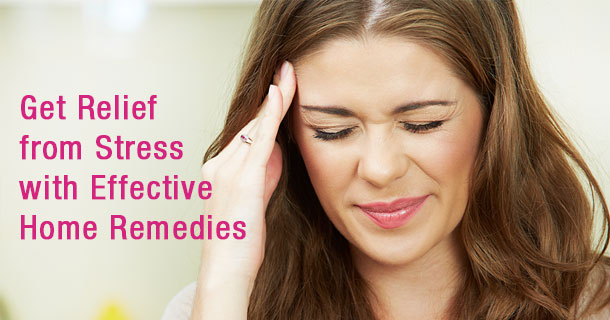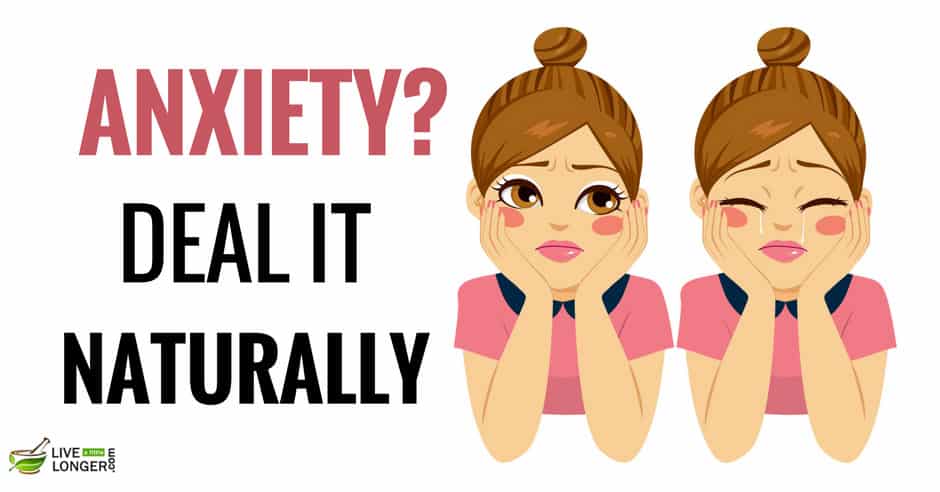


Here’s something you’ve definitely experienced: feeling more tense and anxious when you’re cold and more relaxed when you’re warm (yet another reason to sip on the herbal teas mentioned above). (Plus, there are plenty of other health benefits of tea.) Get warm and cozy Want to ditch caffeine altogether? Albers recommends sipping on chamomile, rooibos, or valerian tea when you’re feeling anxious, all of which are naturally caffeine-free and contain antioxidants and other compounds that promote relaxation and sleep. Matcha not only has about half the caffeine of coffee, but it also contains the amino acid l-theanine, which helps buffer the effects of caffeine and is associated with a more calm alertness (rather than a jittery high). If you can bear to part with your morning cuppa joe, consider trading it in for a lower-caf option like matcha tea (or one of these matcha tea recipes). All of which is to say you’ll just feel more on edge, says Albertson. That’s because caffeine stimulates the production of adrenaline, which activates the fight or flight response in your body, which can further exacerbate feelings of stress and anxiety. Trade your coffee for matchaĭespite your undying love for coffee, it’s not so great to consume in excess if you’re prone to anxiety. Head to the park or out to your garden, or even look out your window for a bit while you practice some deep breathing-research shows that just being in close to proximity to natural green space is associated with reduced depression and anxiety symptoms. “Forest bathing, essentially just walking in the woods, is the latest rage in Japan, and just 15 minutes of it can have an amazing effect on lowering your blood pressure and increasing your sense of calm,” says Susan Albers, PsyD, psychologist at the Cleveland Clinic and author of 50 Ways to Soothe Yourself Without Food. Spending time in nature is key for maintaining a sense of calm and balance in your life.

Meaning, yes, you now have an excuse to indulge in those dark chocolate-covered almonds from time to time. Making sure you’re eating enough magnesium when you’re feeling frazzled is so important for two reasons, says Albertson: low magnesium levels can make anxiety feel worse, and anxiety and stress can further deplete levels of magnesium.įoods that are high in this essential mineral: dark leafy greens, pumpkin seeds, almonds, dark chocolate, avocado, and black beans. But if you have to pay attention to one nutrient in particular, it should probably be magnesium, a mineral responsible for over 300 biochemical reactions in the body and that about 68% of us need more of. Nosh on some chocolateĪ varied, whole foods based diet with plenty of plant foods helps support the right balance of brain chemicals for a calm state of mind. It stimulates the parasympathetic nervous system, which calms the fight or flight response and helps neutralize stress and anxiety.Īlbertson suggests trying a simple 4-7-8 breathing technique: Exhale completely, inhale through your nose for a count of 4 seconds, hold it in for a count of 7 seconds, and exhale through your mouth for 8 seconds. Take a few deep breathsĭeep breathing is one of the simplest, most effective ways to calm yourself down in the midst of an anxiety-induced freakout. One study found that low choline levels were significantly associated with increased anxiety symptoms, and several other studies suggest that choline enhances cognitive functioning and overall brain health. “Eggs are also great because they contain choline,” adds Ramsey. But consuming enough protein and fat will keep blood sugar levels stable and prevent any mood-altering spikes or dips. That’s because hypoglycemia, or low blood sugar, can cause or exacerbate symptoms of anxiety, especially symptoms like sweating, shaking, irritability, and heart palpitations. “So make sure to eat a good source of protein and fat in the morning, like eggs, and skip the sugar and refined carbs.” “You don’t want to get too hungry,” says Drew Ramsey, MD, assistant clinical professor of psychiatry at Columbia University College of Physicians and Surgeons and creator of the new e-course Eat to Beat Depression.


 0 kommentar(er)
0 kommentar(er)
